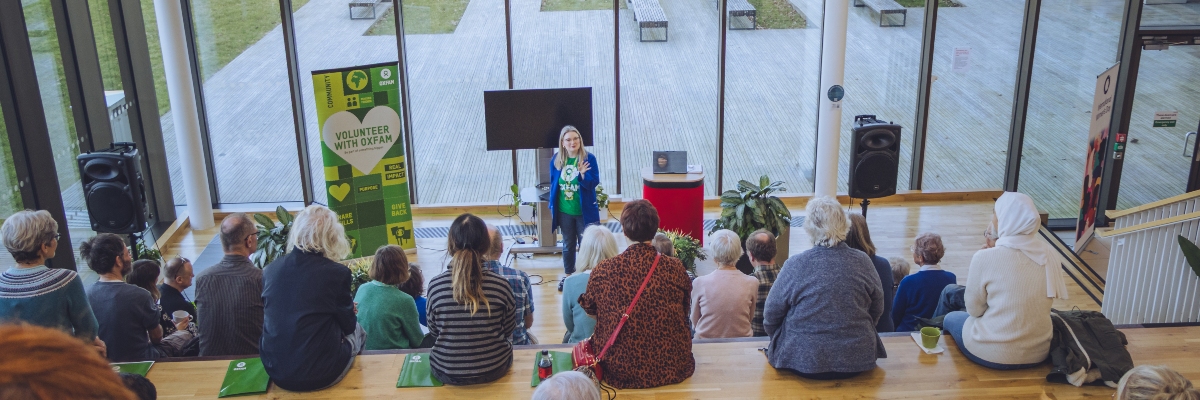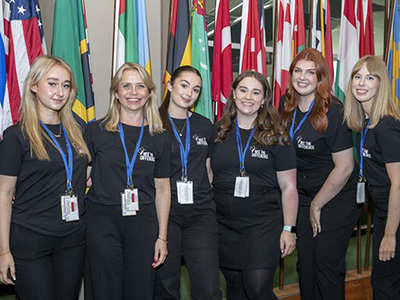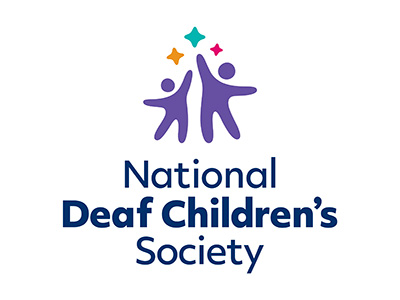Lancaster University works with charities to leverage its research and expertise in addressing social issues and driving positive change.
These collaborations allow the University to support third sector organisations in areas like improving services, increasing social impact and developing innovative solutions to pressing challenges.
By working together, Lancaster University and its charitable partners can create more effective strategies, enhance community wellbeing and use academic knowledge to tackle real-world problems. Ultimately, these partnerships help both parties have a greater societal impact.






